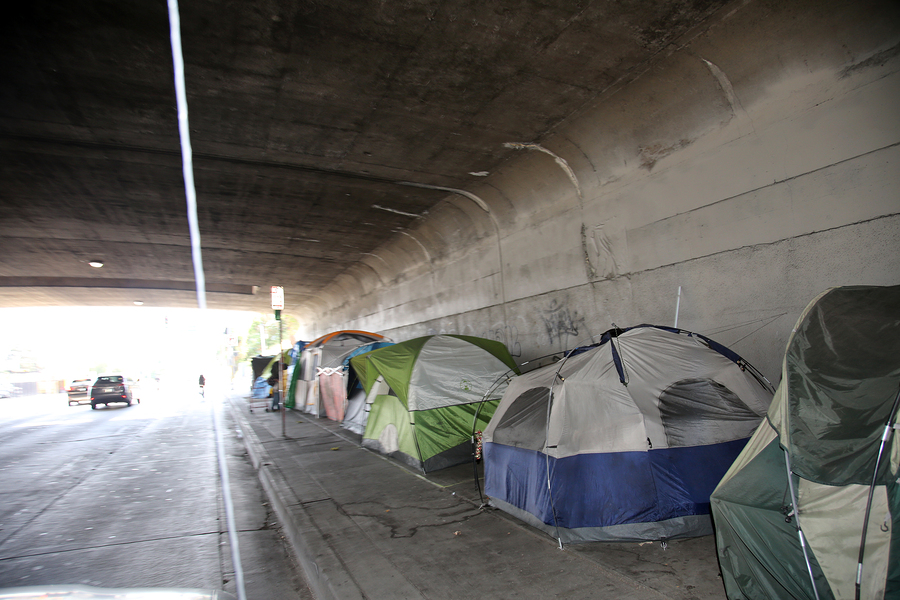
According to The Addiction Center in 2017, there were approximately 554,000 homeless people in the United States. Many believe the number to be much higher due to the challenges in accurate data collection. The number of homeless increases each year, especially within the younger age demographic.
Causes of Homelessness
Although substance abuse can lead to homelessness, in many cases the end result of homelessness is substance abuse. Unfortunately, homelessness and addiction do often go hand in hand across age and ethnic groups. Other common causes are the result of a financial hardship including job loss, home forecloses and a lack of affordable healthcare or housing. According to Harvard Health, “The mentally ill and people addicted to alcohol or drugs are the first victims of housing shortages.”
The National Coalition for the Homeless (NCH) also lists addiction and mental illness as “two of the primary personal factors that lead to financial instability and the loss of permanent housing.” It is also important to note there do exist homeless individuals who do not have a problem with drugs or alcohol. Although rates of substance use are disproportionately high among those experiencing homelessness, homelessness cannot be explained by substance use alone as many people who suffer from addiction never become homeless
Mental health
Those experiencing homelessness may also develop mental health issues due to the harsh lifestyle. Not only do individuals who are homeless generally face hunger and a lack of shelter, they also experience violence, sexual assault and many forms of harassment.
Homeless women suffer from gender-based trauma which in turn results in higher amounts of drug use compared to homeless men. The majority of homeless women also suffer from mental and emotional disturbances that often develop even before they become homeless.
Some mental health issues that homeless people experience include:
- Severe anxiety
- Bipolar disorder
- Paranoia/Delusions/Disorentiation
- Schizophrenia/Schizoaffective disorder
- Post-Traumatic Stress Disorder
- Major depressive disorder
The Cycle Continues
Without proper shelter, security and a lack of access to affordable treatment for substance abuse and mental health care, the homeless population continue deeper into the destructive cycle of abuse and often relentlessly withdraw from mainstream society.
There are numerous programs and continuous efforts to “solve the homeless crisis” but those involved face many challenges. Recently, Mayor Eric Garcetti allocated funding to emergency shelters with “A Bridge Home” program for those waiting to be placed in a more permanent form of housing. However, connecting those in need with these services are hard because of the widespread substance abuse and mental illness. The timing and bureaucracy of finding solutions also pushes those away.
Stigma
Unfortunately, negative narratives and a general misunderstanding of homelessness continuously lead to an ongoing negative stigma. Many believe the end to homelessness starts with the end of the homeless stigma. When attitudes are shifted and more people are informed of the causes and challenges, they can treat those experiencing homelessness with empathy and respect.
References:
https://www.addictioncenter.com/addiction/homelessness/